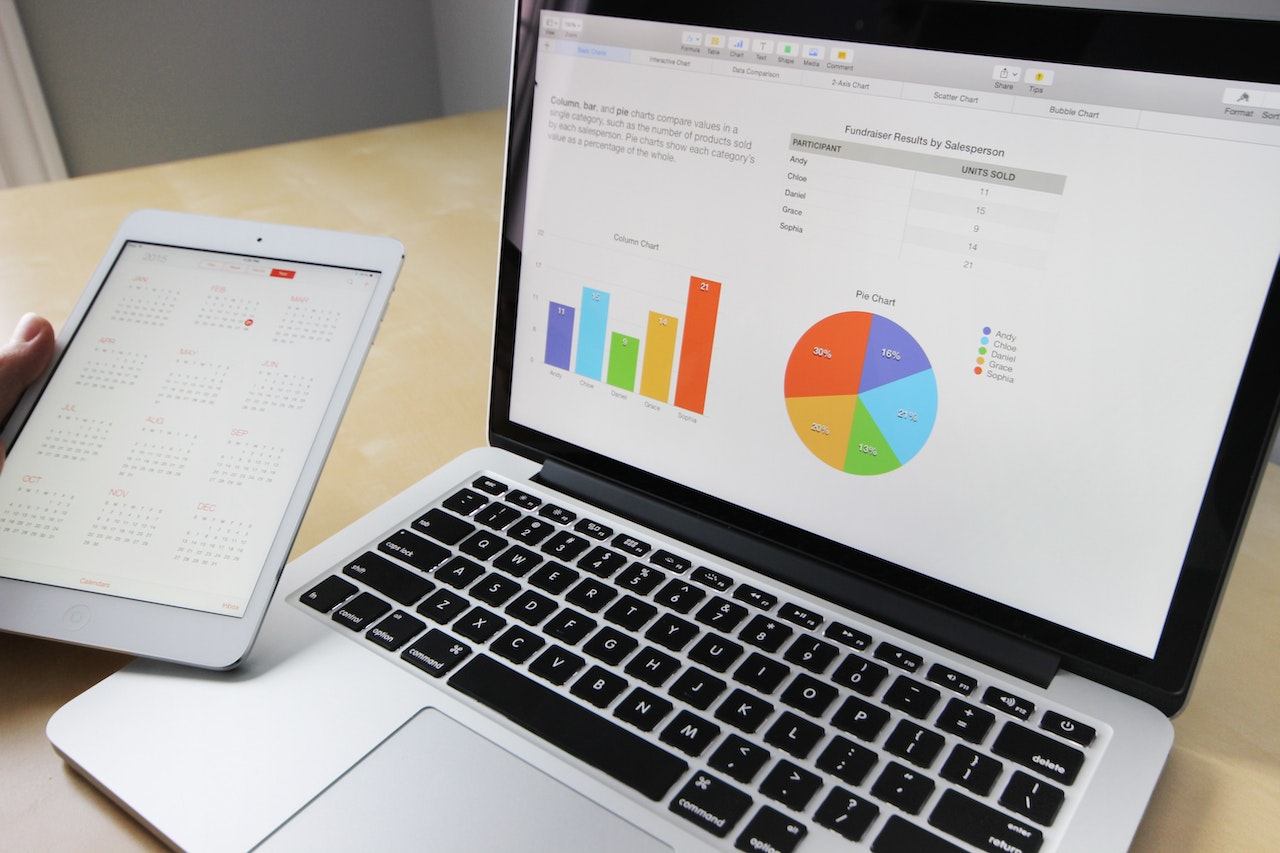Paying off your loan with a credit card may seem like an attractive option, especially if you are struggling with high-interest rates or a tight budget. However, it is essential to weigh the benefits and risks before making such a decision. In this article, we will explore the advantages and disadvantages of using a credit card to pay off your loan.
Benefits:
1. Convenience: Paying off your loan with a credit card is incredibly convenient. You can make the payment online or over the phone, without the need to visit a physical location or write a check. This ease of payment can save you time and effort.
2. Potential for rewards: Some credit cards offer rewards programs, such as cashback or travel points. By using your credit card to pay off your loan, you may be able to earn rewards on your payment. This can be an added bonus if you are diligent about paying off your credit card balance in full each month to avoid interest charges.
3. Flexible repayment options: Credit cards often provide flexibility in terms of repayment. While loans typically have fixed monthly installments, credit cards allow you to pay the minimum monthly payment or pay off the balance in full. This flexibility can be beneficial if you need to temporarily reduce your payment due to financial constraints.
Risks:
1. High-interest rates: One of the significant risks of paying off your loan with a credit card is the high-interest rates associated with credit cards. Credit card interest rates are usually significantly higher than those of loans. If you are unable to pay off the credit card balance within the next billing cycle, the interest charges can add up quickly, potentially outweighing any benefits gained.
2. Additional fees: Some credit card companies charge fees for performing balance transfers or making large payments. These fees can eat into the potential savings or rewards you may have gained by using a credit card to pay off your loan. It is crucial to consider these fees and calculate whether the overall cost outweighs the benefits.
3. Impact on credit score: Paying off a loan with a credit card can have both positive and negative effects on your credit score. While it can potentially improve your credit utilization ratio and demonstrate responsible credit management, it can also increase your credit utilization if you do not pay off the credit card balance in full. Additionally, opening a new credit card account can temporarily lower your credit score due to the hard inquiry on your credit report.
4. Temptation for additional debt: Using a credit card to pay off a loan may create a temptation to accumulate more debt. Once your loan is paid off, you may feel a false sense of financial freedom and be inclined to make unnecessary purchases or take on more credit card debt. It is crucial to exercise discipline and avoid falling into this trap.
Paying off your loan with a credit card can be an enticing option, especially if you’re looking to consolidate debts or take advantage of credit card rewards. However, it’s important to weigh the benefits against the potential risks before deciding if this is the right strategy for you.
Let’s start with the benefits:
1. Convenience and flexibility: Using a credit card to pay off your loan gives you the convenience of making a single payment instead of managing multiple loan accounts. Additionally, credit cards offer flexible repayment options, allowing you to choose how much to pay each month.
2. Rewards and cashback: Many credit cards offer rewards programs, including cashback or travel rewards, which can provide financial benefits when used for loan repayment. By using your credit card to pay off your loan, you can earn rewards and potentially offset some of the costs associated with borrowing.
3. Lower interest rates: In some cases, credit cards may offer lower interest rates compared to certain types of loans, such as personal loans or payday loans. If you have a credit card with a low-interest rate or an introductory 0% APR period, using it to pay off your loan can save you money on interest charges.
However, along with these benefits, there are also risks that need to be considered:
1. High-interest rates: Credit cards are notorious for having high-interest rates, especially if you carry a balance from month to month. If you plan to pay off your loan over an extended period using a credit card, you may end up paying significantly more in interest charges compared to a traditional loan.
2. Damage to credit score: Paying off a loan with a credit card may impact your credit score. If you’re using a large portion of your available credit limit, it could negatively affect your credit utilization ratio, which accounts for 30% of your credit score. Additionally, if you miss credit card payments or can’t keep up with the increased monthly payments, it could further damage your credit score.
3. Hidden fees and charges: Some credit cards may charge fees for balance transfers or cash advances, which could eat into the potential savings you might expect from using a credit card to pay off your loan. It’s essential to read the terms and conditions of your credit card carefully and compare them with the fees associated with your loan.
4. Temptation to overspend: Using a credit card to pay off a loan may tempt you to overspend, especially if you have a high credit limit. This could lead to a cycle of debt, where you continue to accumulate more debt while trying to pay off your existing loan.
In conclusion, paying off your loan with a credit card can offer convenience, potential rewards, and lower interest rates in some cases. However, it’s crucial to consider the risks involved, such as high-interest rates, potential credit score damage, hidden fees, and the temptation to overspend. Before making a decision, it’s wise to compare the costs and benefits of using a

Leave a Reply